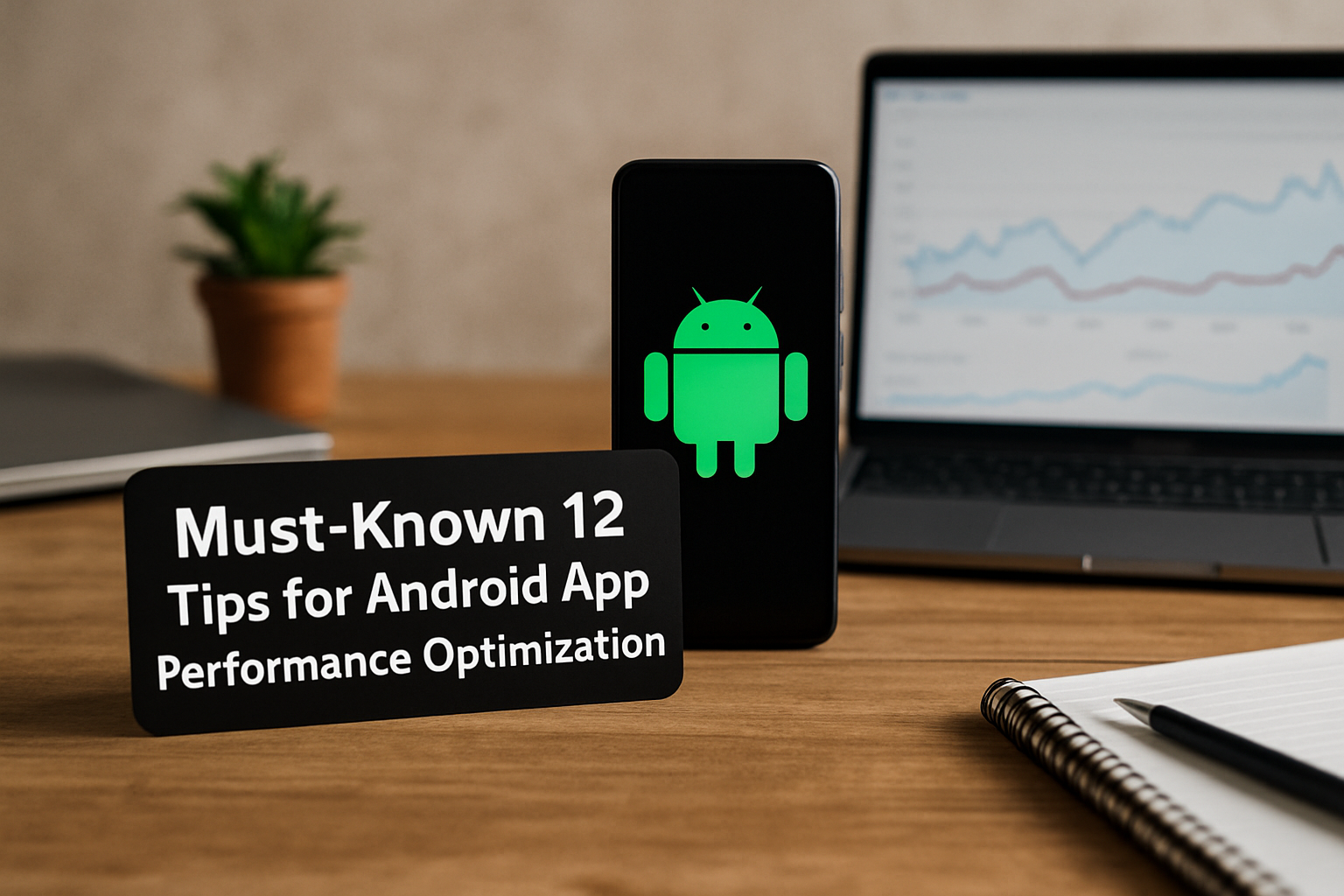In recent years, healthcare has undergone a remarkable transformation powered by advances in artificial intelligence (AI) and machine learning (ML). These technologies promise improved diagnostics, personalized treatments, and efficient patient management. However, the success of AI models hinges heavily on the quality and accuracy of the data they are trained on. This is where data annotation services play a pivotal role, providing the labeled, structured data essential for developing reliable healthcare AI systems.
This article explores how data annotation services underpin healthcare innovation by enabling sophisticated AI solutions, improving patient outcomes, and driving research forward.
The Importance of Data Annotation in Healthcare AI
AI applications in healthcare rely on vast amounts of data — from medical images and electronic health records (EHRs) to genomic sequences and sensor data. Raw data alone cannot power effective machine learning models; it must be accurately labeled or “annotated” to provide context that AI algorithms can learn from.
Data annotation services involve the manual or semi-automated process of tagging relevant features within data sets. In healthcare, this might include labeling tumors on MRI scans, identifying anomalies in X-rays, tagging symptoms in clinical notes, or categorizing genetic markers.
Without precise annotation, AI models risk learning incorrect patterns or failing to generalize, which can lead to misdiagnoses or treatment errors. High-quality data annotation ensures that AI tools are trained on clear, consistent, and clinically meaningful information.
Key Areas Where Data Annotation Drives Healthcare Innovation
1. Medical Imaging and Diagnostics
Medical imaging is one of the most data-intensive areas of healthcare. Technologies like MRI, CT scans, ultrasound, and X-rays generate complex visual data requiring expert interpretation. Data annotation services help create detailed labels identifying organs, lesions, fractures, or other clinical indicators.
Annotated medical images enable AI algorithms to detect abnormalities such as tumors or blood clots with increasing accuracy. This assists radiologists by providing a second opinion, accelerating diagnosis, and potentially identifying conditions earlier than traditional methods.
For example, AI systems trained on annotated datasets have shown promise in detecting early-stage cancers or retinal diseases, helping doctors intervene sooner and save lives.
2. Natural Language Processing for Clinical Documentation
A significant portion of healthcare data exists in unstructured text formats such as doctor’s notes, discharge summaries, and patient histories. Annotating this text data enables natural language processing (NLP) models to extract critical information like diagnoses, medication names, or symptoms.
Effective annotation of clinical text supports the development of intelligent systems that automate administrative tasks, improve patient record accuracy, and facilitate decision support tools. This not only reduces physician burnout but also enhances the quality of patient care.
3. Remote Monitoring and Wearable Devices
Wearable health devices and remote monitoring sensors generate continuous streams of physiological data such as heart rate, blood glucose levels, or oxygen saturation. Annotation services label this time-series data to identify patterns indicating potential health issues.
AI models trained on annotated sensor data can alert patients and doctors to early signs of arrhythmias, glucose spikes, or sleep apnea. This proactive healthcare approach improves chronic disease management and enables timely interventions.
Benefits of High-Quality Data Annotation Services in Healthcare
- Improved Model Accuracy: Precise annotation reduces noise and bias in training data, leading to AI models that make more accurate predictions and diagnoses.
- Faster Research and Development: Well-labeled datasets accelerate algorithm training and validation, shortening the time from concept to clinical application.
- Enhanced Patient Outcomes: AI tools powered by high-quality annotated data support personalized treatment plans, early disease detection, and better monitoring.
- Regulatory Compliance: Transparent annotation processes contribute to explainability and traceability, critical factors for gaining regulatory approval in healthcare AI.
Challenges and Considerations in Healthcare Data Annotation
Despite its importance, healthcare data annotation poses unique challenges:
- Domain Expertise: Annotating medical data often requires skilled professionals such as radiologists, pathologists, or clinical coders to ensure clinical accuracy.
- Data Privacy: Healthcare data is sensitive and protected by regulations like HIPAA, making secure handling and anonymization essential.
- Complexity and Volume: The sheer volume and complexity of healthcare data demand scalable annotation solutions combining human expertise with technology.
- Consistency: Maintaining annotation consistency across large datasets and multiple annotators is critical to reliable AI training.
Addressing these challenges requires robust workflows, specialized training, and secure data management systems, all tailored to the healthcare domain.
Broader Implications: Linking Healthcare with Other Sectors
Data annotation is not only revolutionizing healthcare but also benefiting adjacent fields that overlap with health technology. For example, geospatial data and GEOINT use cases in defense tech share many annotation challenges related to imagery and sensor data interpretation, highlighting the cross-sector value of precise data labeling techniques. For insights on this, see Geospatial Data & GEOINT Use Cases in Defense Tech.
Similarly, healthcare innovators often utilize specialized data annotation services tailored to computer vision, NLP, and sensor data to build robust AI solutions.
Conclusion
Healthcare innovation is intricately linked to the quality of data fed into AI and ML models. Data annotation services form the backbone of this process, transforming raw medical data into valuable, actionable information. By enabling accurate diagnostics, personalized medicine, and efficient patient care, data annotation fuels a new era of healthcare advancements.
As technology evolves, the integration of advanced annotation techniques and domain expertise will be essential to unlocking the full potential of AI in healthcare, ultimately leading to better health outcomes worldwide.











Leave a Reply